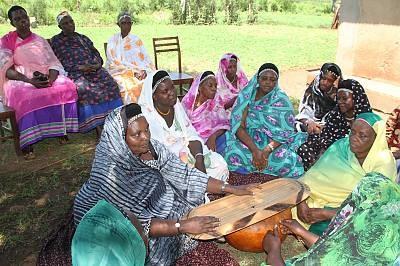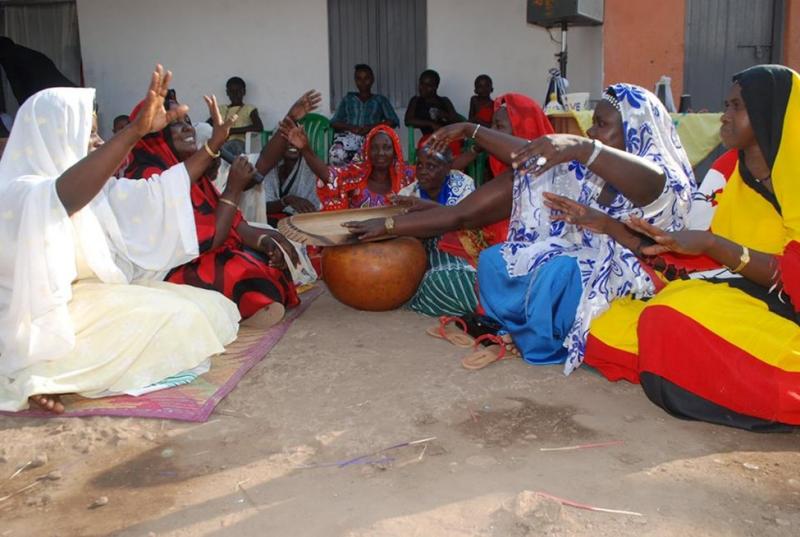Feminist with vision, courage and commitment
Rama is a young Senegalese feminist, researcher and writer. In her early twenties, she wrote her first novel La dernière lettre, published by Présence Africaine in 2008. A year later she was selected as a MILEAD fellow of the Moremi initiative for Women’s Leadership in Africa. The fellowship is awarded to 25 young African women with extraordinary vision, courage and commitment to lead change in their communities.
"Becoming one's full and unapologetic self is a difficult but the most important of all achievements. I have methodically learned to un-learn and re-learn, to de-construct and re-construct all that I have been taught about how women should socialise..."
As the 2015 Ibrahim Governance and Development PhD scholar, Rama is about to begin her doctoral studies at the School of Oriental and African Studies, University of London. She already holds an MSc in International Development specializing in African Economic Development and Gender and a Masters’ degree in International Cooperation and Development from the Bordeaux Institute of Political Studies, France.
Rama is an Advisor of FRIDA | The Young Feminist Fund and a member of the Political Economy and Globalisation Team of Development Alternatives with Women for a new Era (DAWN). In previous years, she worked as a Research Assistant at the United Nations African Institute for Economic Development and Planning (IDEP), briefly in the charity sector in France and at the UNDP country office of Mauritius.
"To become my true self, I have learned that my self-care and achievement of my dreams were more important than societal labels that do not even define me..."
In 2013, Rama contributed to a collective book by the Network of young African Researchers on Democracy and Development in Africa and has also been a columnist for Nouvel Horizon Senegal.
"To me being a feminist is accepting that I will have to question everything established by society to define who I should be or what I ‘should want’ because ‘should and want’ are antithetical. Wanting is powerful when liberated from the ‘should’ or ‘should not’. Be You. Period."
Listen to her recent speech
Rama spoke on behalf of the Women's Working Group on Financing for Development, at the 2nd Plenary Meeting of the 3rd International Conference on Financing for Development, Addis Ababa, Ethiopia 2015.




